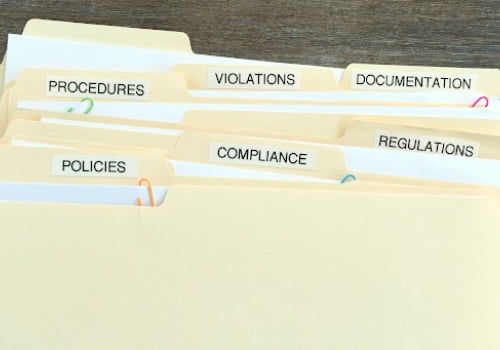
Successfully navigating the IRS Voluntary Disclosure Program (VDP) can be tough, but don't feel as if you're alone.
Determining if the VDP is right for you can be complicated. In many instances, such as when you're dealing with undisclosed foreign bank accounts related to FBAR reporting, you may want the help of an experienced international tax professional who understands what narratives and sets of work (and which ones don't).
Working with a tax attorney provides you with sophisticated guidance, but unlike when working with a CPA or other financial professional, you're entitled to heightened attorney-client communication privileges when working on a VDP with a tax attorney.
The general purpose of the VDP is for the acceptance of individuals who have willfully withheld or misrepresented certain information to the IRS, either foreign or domestically, and wish to submit to an audit and examination for noncompliance with the tax law.
This voluntary program involves unpaid deficiencies and unpaid taxes such as employment, gift, or estate taxes rather than federal income tax. The program further deals with other taxes and penalties, such as FBAR, or foreign bank and financial accounts, and the general penalties for those that are concerned their actions result in a willful violation of the reporting requirements.
The program is administered by the Internal Revenue Service Criminal Investigations, which handles most criminal and willful tax matters for the IRS, with the official program being called the Voluntary Disclosure Program.
As with most IRS interactions, there is a standard form the taxpayer must submit, entitled Form 14457, which contains two parts, the first is a preclearance letter which the IRS Criminal Investigations division uses to determine the eligibility of the taxpayer for the VDP.
Once issued a preclearance letter the IRS will then require the second part of the Form to be completed, outlining the full series of circumstances, assets and other pertinent information. It is important to note that the VDP program allows for the taxpayer’s compliance with the program and the IRS actions during the process to dictate the amount of penalties the auditor or other IRS staff requests.
If the taxpayer at any point during the process does not fully cooperate or appeals the decisions or audits of the IRS, the VDP allows for the IRS employee to request the fullest possible penalties applicable to the current case, usually either 50% for FBAR violations or 75% for fraud, with the percentage being in the highest liability tax year in question. The new program period has been lowered from the original offshore voluntary disclosure time of an 8 year lookback period to the new 6 year period.
While the VDP can be applied regardless of the status of the taxpayer as willful or non-willful in their violations, the VDP program is not meant for the routine usage of non-willful violations, and in fact can be damaging to the taxpayer in those situations. As such, the VDP should be seriously considered if the taxpayer engaged in conduct that was willful or criminal in nature rather than an honest mistake.
Furthermore, the VDP limits the application of the program to money that is obtained legally and legitimately to prevent bad actors from laundering money through the program. It is important to obtain all of the facts surrounding your actions and make the decision, with the help of an attorney, regarding your application to the new voluntary disclosure program.
Contact our international tax attorneys for a consultation by clicking here to schedule a meeting or by calling us at (410) 497-5947 to get started today.
Our team of tax attorneys will walk you through the voluntary disclosure process and help you put together a tax strategy to minimize IRS penalties.

